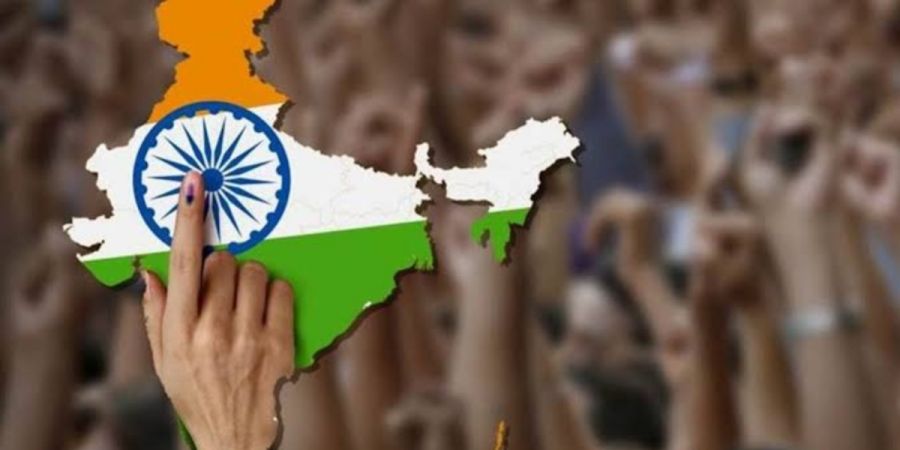

Indian democracy is called the world's largest democracy. The democratic process started in our country with the first general election held in the country on the basis of adult suffrage in the year 1952 and Indian democracy has traveled more than six decades till now with new successes.
According to the literal meaning of democracy, it is a system of governance in which power is collectively vested in the people of the country. In the creation of public opinion, the weakest of the society has the right to participate freely in the general election.
The basic basis of Indian democracy is the people here and the representatives elected by the people represent the people in the Parliament and the Legislative Assemblies. The foundation of parliamentary democracy in our country is strong, which rests on the ideals of freedom, equality and fraternity.
The most powerful aspect of Indian democracy lies in the fact that whenever the government does not meet the aspirations of the people, then the people use their franchise to get the government out of power, a direct example of which is the 16th Lok Sabha election held in the year 2014. Can be seen as a result. It is worth mentioning that in the 16th Lok Sabha elections, the people had destroyed the UPA government which had held central power for 10 years and handed over the reins of power to the NDA alliance.
Despite the many strong aspects and characteristics of Indian democracy, it also has some shortcomings. Hunger, poverty, malnutrition, unemployment, incidents of farmer suicides, inflation and corruption etc. appear as weakness of Indian democracy.
Problems like communalism, casteism, regionalism and linguism have played an important role in harming Indian democracy. The uproar in Parliament and the indecisive behavior of MPs have devalued parliamentary dignity, which has caused the dignity of Parliament to deteriorate over the past few years.
In any democratic country, elections hold the importance of the mahaparva, but the sad part is that even after implementing many election reforms in India, we have not been able to develop a flawless election system. Even today, power and muscle power are being used extensively in the elections, which are a direct example of the Bihar Legislative Assembly elections held in October-November 2015.
Despite all these things, important steps have been taken by the Election Commission from time to time for transparency and improvement in the Indian election system; Like former Election Commissioner TN On Seshan's initiative, voter ID cards were issued, electronic voting machines (EVMs) were used to bring transparency in elections, 'Voter Verified Paper Audit' with EVMs from September 2013. While the Trail '(VVPAT) system was added, the right to reject was made available to voters by providing an option of None of the above-NOTA.
Therefore, Indian democracy, along with being the largest democracy in the world, has succeeded in developing a fair and transparent electoral system, with progressive reforms, which is the hallmark of a strong democracy.
Thanks for reading🙏🙏🙏🙏🙏










